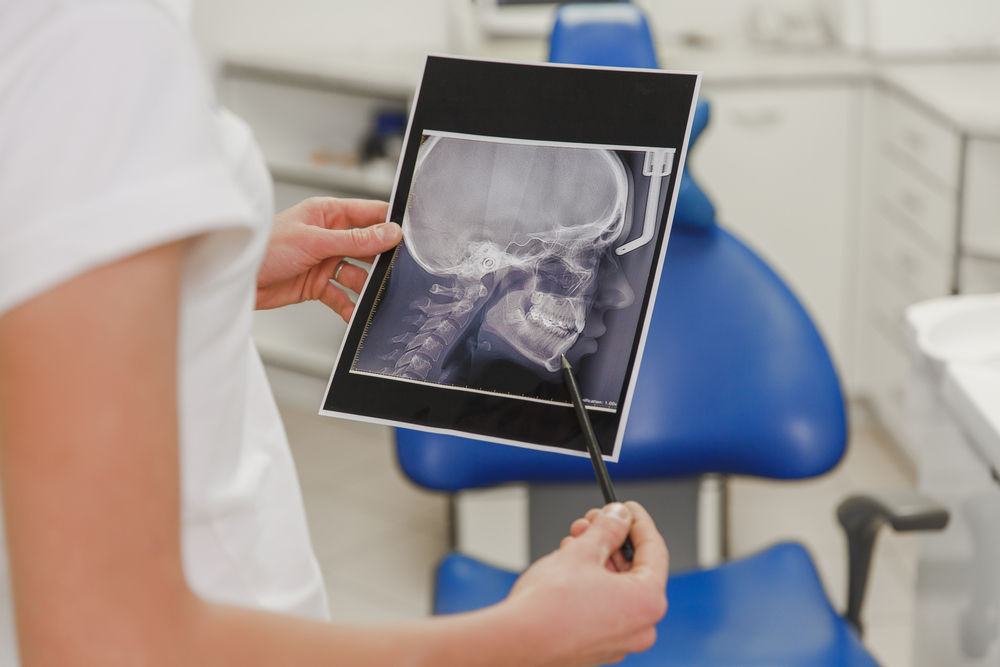
Professional Certificate in Traumatic Dental Injuries
overview
Complete online course about Traumatic Dental Injuries TDIs with interactive sessions, which is spaced at appropriate intervals to help you manage in busy schedules. By online Interactive sessions of 8 hours, 4 sessions, you will have the opportunity to address practical problems that you face in your daily life as a dentist.
The course will be delivered as videos, resources, links to international publications and quizzes. It will divided into 4 modules; etiology, diagnosis, treatment and prognosis
The course is designed to address the needs of dentists. It will develop the knowledge, skills and attitudes of dentists and enable them to provide the best oral health care to affected patients.
Upon completing the training program, participants will be able to:
- Identify high risk patients for Traumatic Dental Injuries.
- Identify TDIs that are life threatening.
- Identify injuries related to child abuse and dental neglect,
- Apply new measures and tools for assessing patients with traumatic dental injuries and provide the best diagnosis.
- Develop several updated surgical and non-surgical modalities to manage TDIs cases with all new techniques, and new dental materials.
- Develop strategies for preventing TDIs in the community and promote health education about TDIs.
- Apply the right clinical decision that meets the needs of patients with TDIs in the light of the current evidence and guidelines.
- Evaluate different treatments options and select the best option that can decrease the consequences and improve the prognosis and outcome.
- Develop the learner's higher learning skills to solve clinical problems of TDIs patients and make appropriate clinical decision in a timely manner.
Who should attend?
The TDIs course will benefit all dental students, general dentists and dental staff from different dental specializations who need to raise awareness about TDIs in society or contribute to the management of patients with TDIs. It will particularly relevant for:
- All general, specialist dentists in academic or clinical roles.
Copyright © 2021 All rights reserved.
